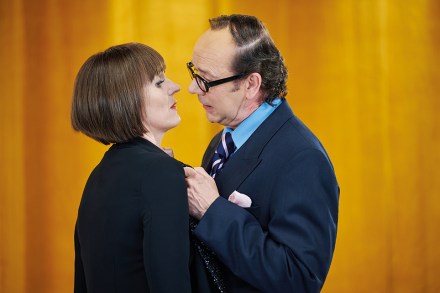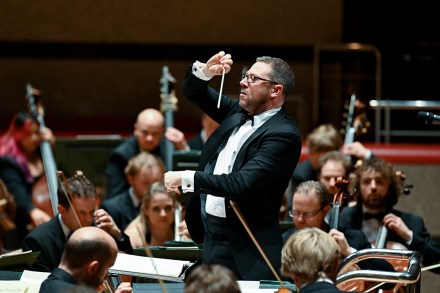A Turkish dystopia that eludes western censors: Netflix’s Hot Skull reviewed
A strange new virus has infected half the world but the cure is worse than the disease: authoritarian tyranny, in which the populace lose most of their freedoms, are subject to endless testing and are corralled into gated communities. I’m talking, of course, about the wildly implausible plot of a dystopian sci-fi thriller called Hot Skull. On the downside, it’s a bit depressing, with relentlessly grey cityscapes so bleak it makes Blade Runner look like Pleasantville. On the upside, it’s Turkish which means that – as with the brilliant Russian post-apocalyptic drama To the Lake – you get a completely different, original and perhaps more honest satirical slant on the





















